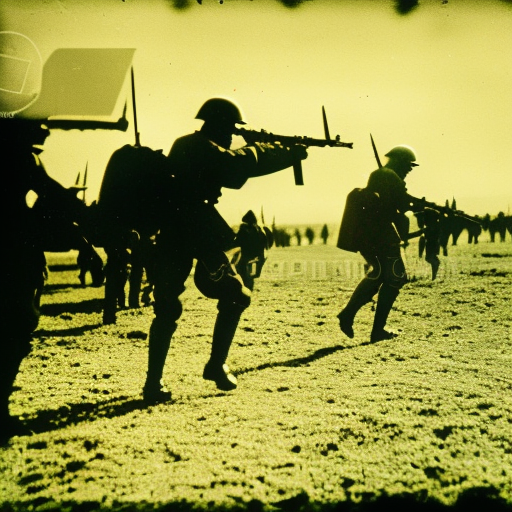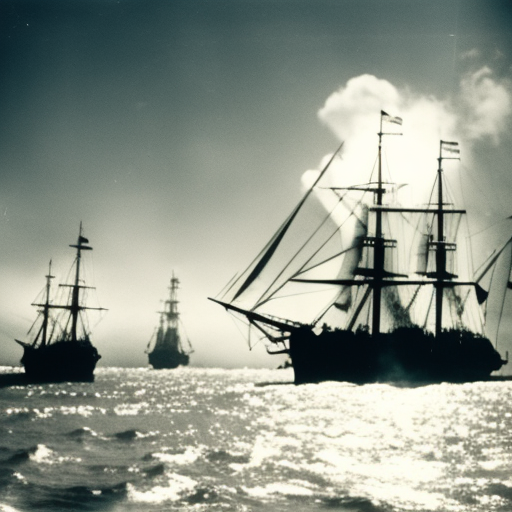Summary:
World War I, also known as the Great War, was a global conflict that lasted from 1914 to 1918. It involved many of the world’s major powers, primarily divided into two opposing alliances: the Allies (including France, Britain, and Russia) and the Central Powers (including Germany, Austria-Hungary, and the Ottoman Empire). The war was triggered by the assassination of Archduke Franz Ferdinand of Austria-Hungary by a Serbian nationalist in June 1914. The conflict quickly escalated due to a complex web of alliances and rivalries among European nations.
Causes of World War I:
The causes of World War I can be traced back to a combination of political, economic, and imperialistic factors. Nationalism was on the rise, with various ethnic groups seeking independence or self-determination. Imperial rivalries and competition for colonies also fueled tensions between European powers. The arms race, particularly between Germany and Britain, further heightened the risk of conflict. The assassination of Archduke Franz Ferdinand was the spark that ignited the powder keg of these underlying tensions.
Course of the War:
The war can be divided into four main phases. The first phase, from 1914 to 1915, saw rapid German advances on the Western Front, but ultimately resulted in a stalemate with trench warfare becoming the dominant form of combat. The second phase, from 1915 to 1916, witnessed major battles such as Verdun and the Somme, resulting in heavy casualties on both sides. The third phase, from 1917 to 1918, saw the entry of the United States into the war on the side of the Allies, which tipped the balance in their favor. The fourth and final phase, from 1918 to 1919, saw a series of offensives by the Allies that led to the collapse of the Central Powers.
Impact of World War I:
World War I had far-reaching consequences that reshaped the political and social landscape of the world. The war resulted in the deaths of millions of soldiers and civilians, making it one of the deadliest conflicts in history. It also led to significant changes in warfare, with the introduction of new technologies such as tanks, airplanes, and chemical weapons. The Treaty of Versailles, signed in 1919, imposed harsh reparations on Germany and redrew the map of Europe, leading to the breakup of empires and the creation of new nations.
Legacy of World War I:
The war had a profound impact on subsequent events, setting the stage for World War II and shaping the geopolitical landscape of the 20th century. It shattered the illusion of progress and stability that had characterized the pre-war era, leading to a sense of disillusionment and a questioning of traditional values. The war also had a transformative effect on women’s roles in society, as their contributions to the war effort helped pave the way for greater gender equality in the years that followed.
Conclusion:
World War I was a global conflict that had a profound impact on the world. It was triggered by a combination of political, economic, and imperialistic factors, and resulted in the deaths of millions of people. The war reshaped the political and social landscape of the world, leading to the breakup of empires and the creation of new nations. It also set the stage for future conflicts and had a transformative effect on society.












